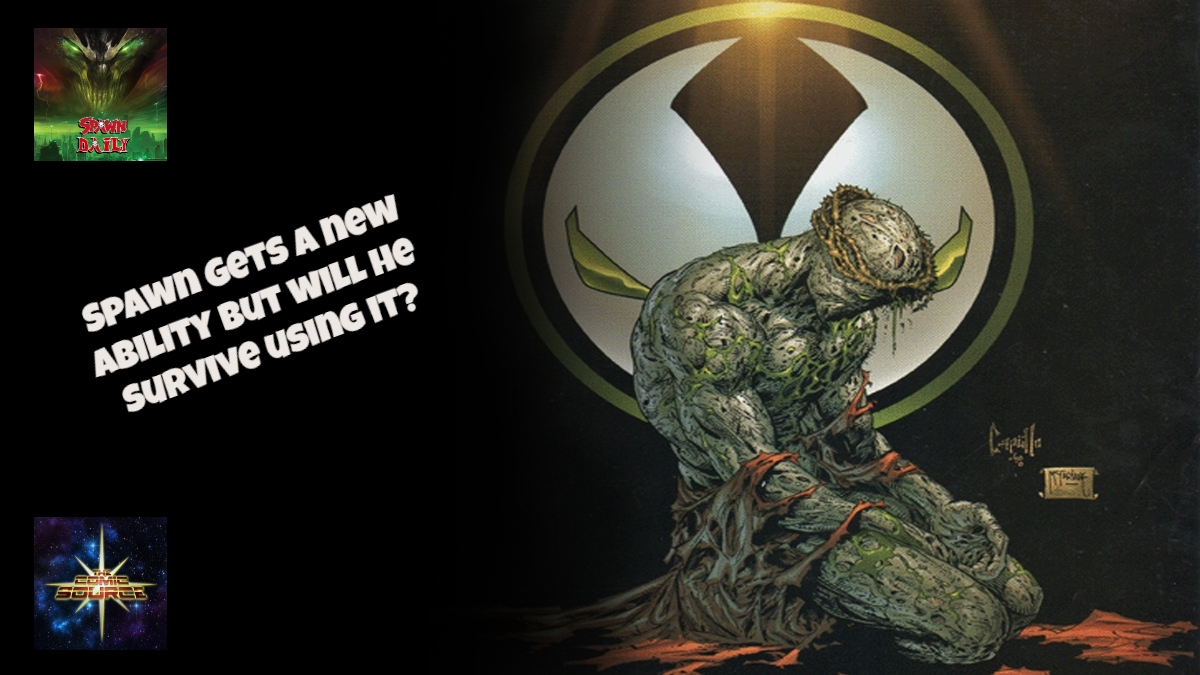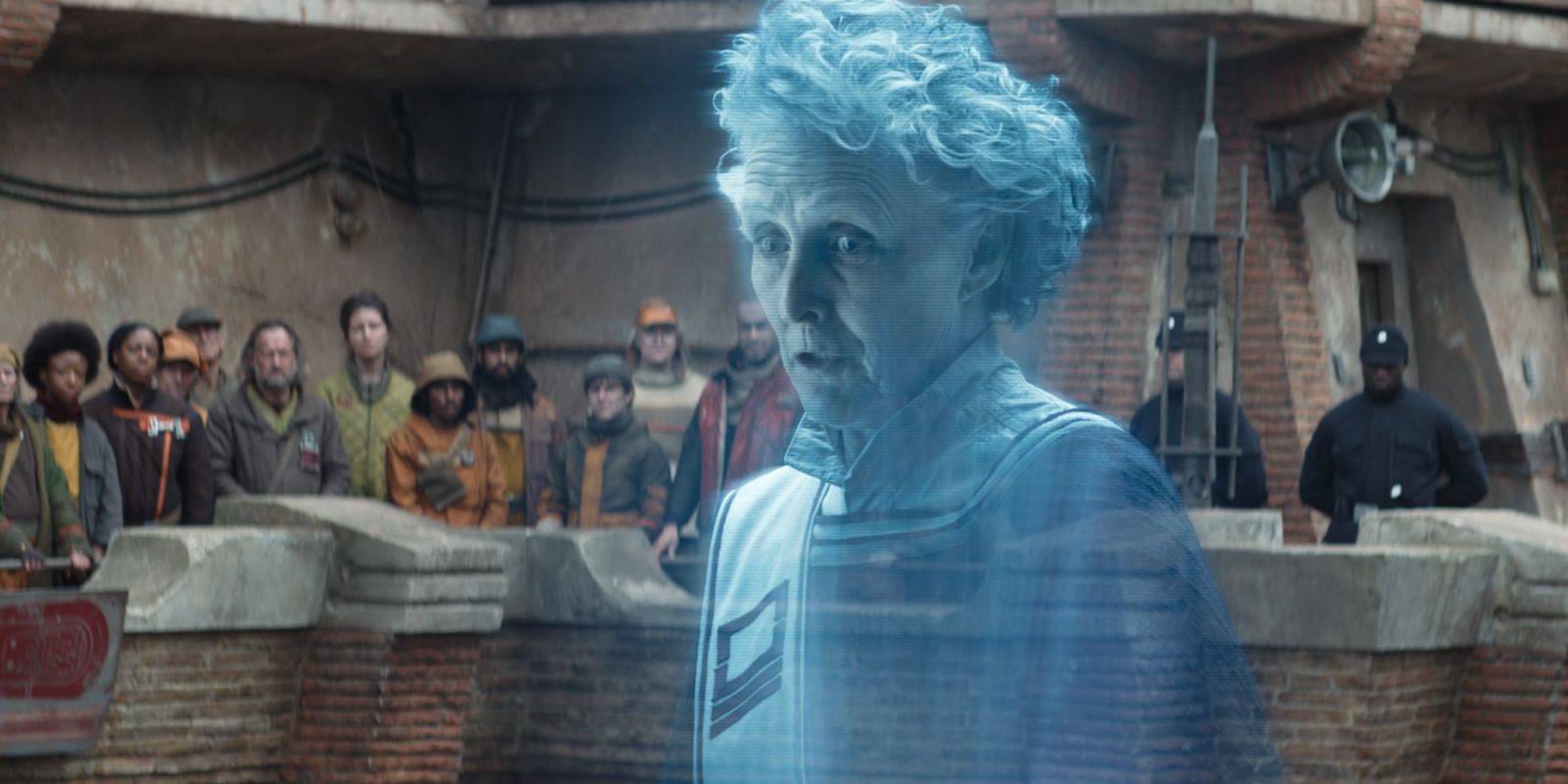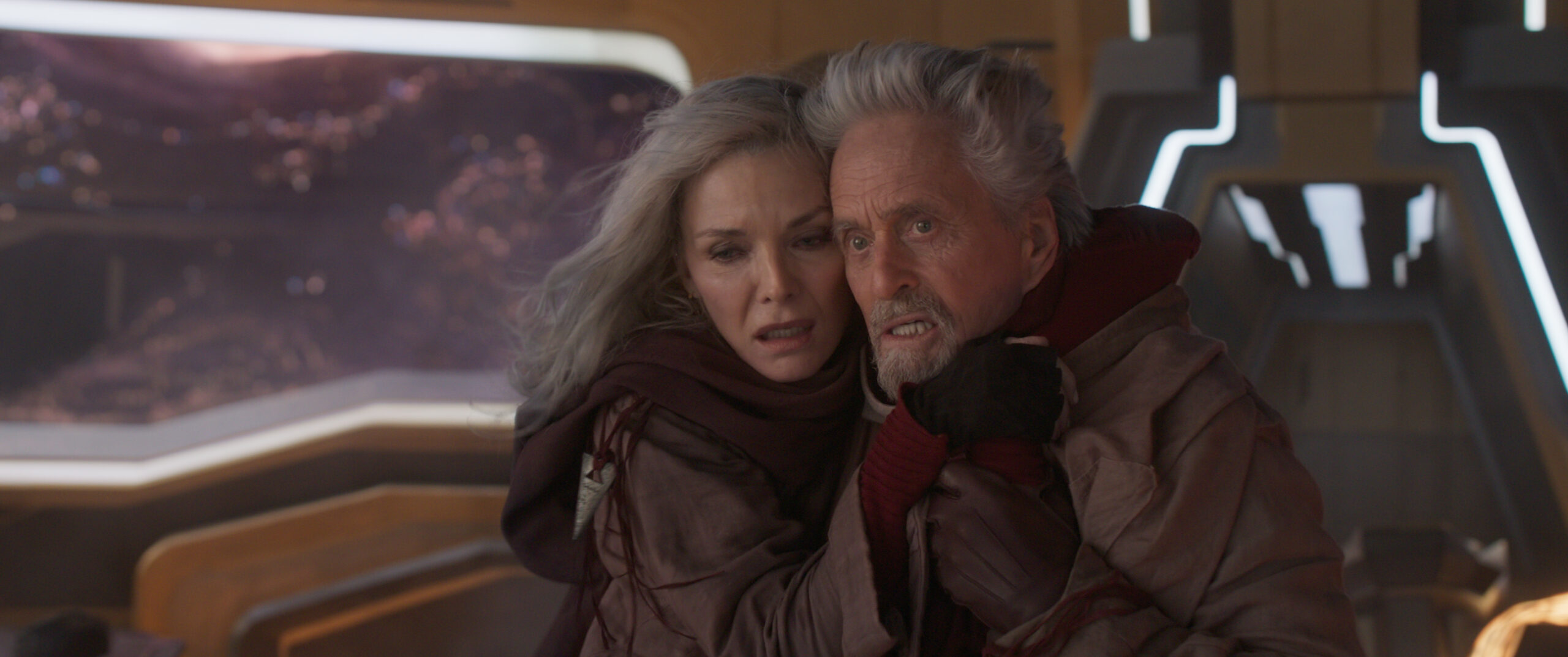![]()
Granted, it may be fair to say that The Sense of an Ending is probably not the type of movie that most LRM readers would actively seek out, being a pretty serious British drama based on the prize-winning 2011 novel by Julian Barnes.
It stars Oscar winner Jim Broadbent as photographer Tony Webster, who reflects back on his college days in the ‘60s when someone he knew as a child passes away, leaving him a diary that may explain why their friendship fell apart over a pretty woman who came between them named Veronica (played by Scottish actress Freya Mavor from Skins in the past and Oscar nominee Charlotte Rampling in the present).
Sure, The Sense of an Ending may be more of a movie you go to see with your parents, or even grandparents, but what makes the film interesting to film lovers is that it’s the first English language film from Indian director Ritesh Batra, whose 2013 film The Lunchbox was an underrated foreign language gem loved by anyone who got a chance to see it.
It shows him capable of taking on far more complex material that tells a story in two different timelines at the same time with many puzzle pieces being brought together towards a climactic finale.
LRM got on the phone with Batra earlier in the week, but before we get to that interview, Batra did an interesting TED Talk a few years back about putting yourself into one’s movies, which led directly into our first question…
LRM: I really enjoyed “The Lunchbox†and I watched some of your shorts and the TED Talk, which I found interesting because you talked about putting yourself into your movies. I was curious what you found in Julian Barnes’ book or the screenplay and how it came about?
Ritesh Batra: That book, as you know, is barely the size of a novella, but it’s really a novel because it works on so many levels and has so many layers to it. What really attracted me to this material was that in a way it’s a coming of age story, even though it’s the coming of age story of an older person. It really talks about a very elusive quest for closure. “The Sense of an Ending†has so many meanings, but to put it simply, it’s really Tony’s search for closure of a certain chapter in his life. Personally, what attracts me to it–even though I don’t think about myself too much–but I shared a room growing up with my granddad. In India, grandparents live with you, so my granddad and I shared a room for the first 18 years of my life and the last 18 of his, so I got to see first-hand a lot of his regret and a lot of his quest for answers that he would like to have. I thought I really understood the material in a certain way through that lens, also. That’s what really attracted me to it, to answer your question. That, and the fact that Julian’s prose is just beautiful.
![]()
LRM: Had the producers already been working on the adaptation before you came on board?
RItesh Batra: Yeah, Nick Payne had written the first draft of a screenplay, and he had done a lovely job. After that, we collaborated on it, and I kept him around all the time, because Nick was very valuable to me because he has a sense of the British (lifestyle) and how people talk and relate to each other, which I found very useful. He had made some really ingenious decisions about making Susie Webster a fuller character, and when I came on board we really worked on the characters. I was very interested in making Sarah Ford more of an empathetic and sympathetic character, and he really came from the same place. Nick had made a lot of ingenious decisions about the screenplay before I came on board, and then you both spend several months before the shoot together. It was a great writer-director collaboration.
LRM: Had Jim Broadbent or Charlotte Rampling already been cast or is that something you did once you came on board?
Ritesh Batra: No, once I came on board, it took us several months to put the cast together, because it was a very interesting puzzle, this movie, to cast, because you have such great legends like Charlotte, Jim and Harriet Walter in it, and then there’s younger actors like Emily Mortimer and Michelle Dockery, and then actors who had never been in a movie before, so it was a very interesting puzzle to put together, especially casting the younger ones. I was always very insistent that we not look for look-alikes, because if you see the pictures of the young Jim and how Billy Howle looks, it’s completely different. Billy’s is about 5’8â€, Jim’s about 6 feet tall, so we were always looking for someone who got the essence of the part. I thought later on, it reminds you to work with the actors and convince an audience this is the same person, but in the casting process, it was especially interesting, because you weren’t looking for look-alikes, but really someone who has the part in their bones.
LRM: I was mainly curious about casting the younger versions of Jim and Charlotte’s characters, and did you shoot their stuff first so that Jimand Charlotte could watch it and get some sense of the people they’re playing?
RItesh Batra: No, no, we didn’t actually. We actually shot a lot of the earlier stuff later, and much of the shoot was kind of juxtaposed, so we’d be shooting with the younger actors on the weekend, and then shoot the present-day stuff during the week, and that’s just because I had access to certain locations and all the vestiges of making a movie. As far as casting the younger actors: Tony as a character in most of his life, the young Tony and the old Tony had to feel like the same person in terms of their essence, it had to be the same person, but Charlotte’s character as played younger by Freya Mavor. It was important that it has to feel like Veronica has to travel a great distance in life. She goes through so much tragedy and so much pain. When Charlotte Rampling comes to the screen, she brings her whole life to it, so having shot that part very early you see the young Veronica, you see someone who can be anybody, who had a lot of possibility and Freya was so good at conveying that. Just having a lot of distance between the young Veronica and the old Veronica and having less of a distance between the young Tony and the old Tony was really important, and these actors got that and got themselves to the parts. Then the young Adrian who commits suicide, he really had to be an enigma to the audience and to Tony, and Joe Alwyn is really great at that. We don’t really learn much about him and the few things we learn about him are that he’s sort of a well-read young man, and Joe Alwyn was just so great at being an enigma. The casting was a very interesting puzzle to put together. It took many months to do it.
LRM: Had Joe already done the movie with Ang Lee and he did your movie afterwards?
Ritesh Batra: Yeah, I think so. I think he was just coming off of that and had just finishing shooting that.
![]()
LRM: I was curious about transitioning to working in England with all these British actors. Was it a very different experience having done all your previous films in Mumbai?
RItesh Batra: Yeah, I mean Irfan (Khan), who I worked with on The Lunchbox, he is really similar to Charlotte in a way as an actor, so working with him was interesting, because as much as I can tell, they’re the same kind of an actor. You don’t know. You work on one thing and how it’s preparing you for the other. You don’t really realize it at the time, but movies are pretty structured in terms of what people’s roles are on the set and how you prepare to shoot a movie is a very personal thing for every director, so for me it was importantto go to London four or five months before the shoot and live there and walk the walk and make the film in as true and an organic way as we possibly could. It was very similar in working with the actors in The Lunchbox as working with the actors on this movie. Of course, The Lunchbox, because it was so low budget. We didn’t have much money, so we spent a lot more time with the actors in advance. We spent four months kind of rehearsing things and talking through the script and stuff, and those luxuries you don’t always get when you work with every actor, but then again, even when you work with actors like the ones I had in The Sense of an Ending, you just replace the rehearsal time by rehearsing on set and making sure you’ve talked through everything first. I mean, the experience itself was very similar in many ways, but it’s a British novel about people in which the central character isn’t really in touch with his emotional side, and you have to be true to the material, English men of a certain class and a certain age, because it’s a cliché that the book examines very perceptively and hopefully the movie does too. If we’re creating someone who isn’t really in touch with his emotions, and in many ways, the meaning of his life, then we are having him express that. For Tony to say the things he said to Margaret in the end of the movie, that’s a really huge deal for that character, so just recognizing that and being true to the material was important. Every project is different in that sense, for the material itself and also for the process of making it.
LRM: I also wondered about finding a crew to work with. Obviously, England has a lot of great technical people there in every department, so I wondered more about finding a crew you could work with.
Ritesh Batra: Yeah, there’s a process. It isn’t any different than how we put together the crew of The Lunchbox. It was just meeting people and making choices. Sometimes, you make the right choice with certain people you work with, and sometimes, you make the wrong choice, but both (has happened) in all three movies I’ve worked on so far. Each time you do a movie you get better at picking your team. That’s really what I’ve discovered.
LRM: I’m also curious about the music you used, because you have some well-known songs and some more obscure ones. How did you go about picking the songs and were there any songs you wanted that you couldn’t get?
RItesh Batra: Yeah, “Time is On My Side†is an obvious one. We used a different version; we used the soul version of it, but I think it works wonderfully. Everything else, I think it’s a very exhaustive process finding the right music for the times. There’s a wonderful Nick Drake song we found pretty late into the editing process, the “Time Will Tell Me†song. Nick Drake, as it turns out, also killed himself very young, and it’s a really great song and it really works well with the themes of the movie. My editor John Lyons is very knowledgeable about music, so that was really helpful, and then Max Drake, who I also worked with on The Lunchbox, he had an absolutely beautiful, haunting score that really supports the story. It was also pretty important and a long part of the editing process, just experimenting with music. I’m glad you liked it, and that you made that observation.
![]()
LRM: I love that era of British music in general, but it did a lot to separate the two sides of the movie–the past and the present. You mentioned three movies, and I understand you’ve already finished shooting another film, which also looks like it has an amazing cast. “Our Souls at Night†is something you’ve already shot and done?
Ritesh Batra: Yeah, yeah, we’re editing it right now.
LRM: That’s a pretty big jump between movies, isn’t it? Or did it just take a little longer to get “The Sense of an Ending†out?
RItesh Batra: No, you know, as I was finishing up with Sense, this came my way, and Robert (Redford) and Jane (Fonda) were only available pretty soon, and I was very hungry for the opportunity to work with them, because when else are you going to get an opportunity to work with both of them together. Robert had seen The Lunchbox and liked it, and he asked if I would consider it, and of course, I was very excited to work with the two of them. I sort of jumped on board and then it takes time for a movie to get certified and distributed and find release dates, so now Sense is coming out, and I hope Our Souls at Night will come out later this year.
LRM: Are you working on anything else as a writer? That’s one thing that fascinates me about writer/directors who need to write all of their own material but then they get opportunities to direct other movies. Do you still have other stories you want to tell of your own?
Ritesh Batra: Absolutely, yeah. I’m very interested in writing my own material, but usually it’s just one thing at a time. That’s very important, to do one thing at a time, and totally give yourself to it fully, because I’m not necessarily picking material that’s easy to make or easy to adapt. The Sense of An Ending was very difficult to adapt, so if you read it, and unlike other stories you might tell, the characters don’t meet and how do you carry on that conceit? Our Souls At Night is the same way. It’s a love story set in a small town of Colorado, so I’m not making it any easier on myself, so I really need to work on one thing at a time.
LRM: Fair enough. I saw your TED Talk where you were talking about putting yourself into your movies. Do you always have to find something of yourself even in these adaptations that you can relate to?
RItesh Batra: You know, you have to because it takes so long, the whole thing. For Sense of an Ending, we were just casting for such a long period of time, and then you’re editing for so long after we got done with the shoot, so if there’s not something personal in it, it really makes it very difficult. I haven’t had that experience yet where it wasn’t personal to me, but I can’t imagine spending so many months and years on something if it wasn’t personal to some degree.
The Sense of an Ending opens in New York and L.A. on Friday, March 10.

 FOR FANBOYS, BY FANBOYS
Have you checked out LRM Online’s official podcasts and videos on The Genreverse Podcast Network? Available on YouTube and all your favorite podcast apps, This multimedia empire includes The Daily CoG, Breaking Geek Radio: The Podcast, GeekScholars Movie News, Anime-Versal Review Podcast, and our Star Wars dedicated podcast The Cantina. Check it out by listening on all your favorite podcast apps, or watching on YouTube!
Subscribe on: Apple Podcasts | Spotify | SoundCloud | Stitcher | Google Play
FOR FANBOYS, BY FANBOYS
Have you checked out LRM Online’s official podcasts and videos on The Genreverse Podcast Network? Available on YouTube and all your favorite podcast apps, This multimedia empire includes The Daily CoG, Breaking Geek Radio: The Podcast, GeekScholars Movie News, Anime-Versal Review Podcast, and our Star Wars dedicated podcast The Cantina. Check it out by listening on all your favorite podcast apps, or watching on YouTube!
Subscribe on: Apple Podcasts | Spotify | SoundCloud | Stitcher | Google Play



